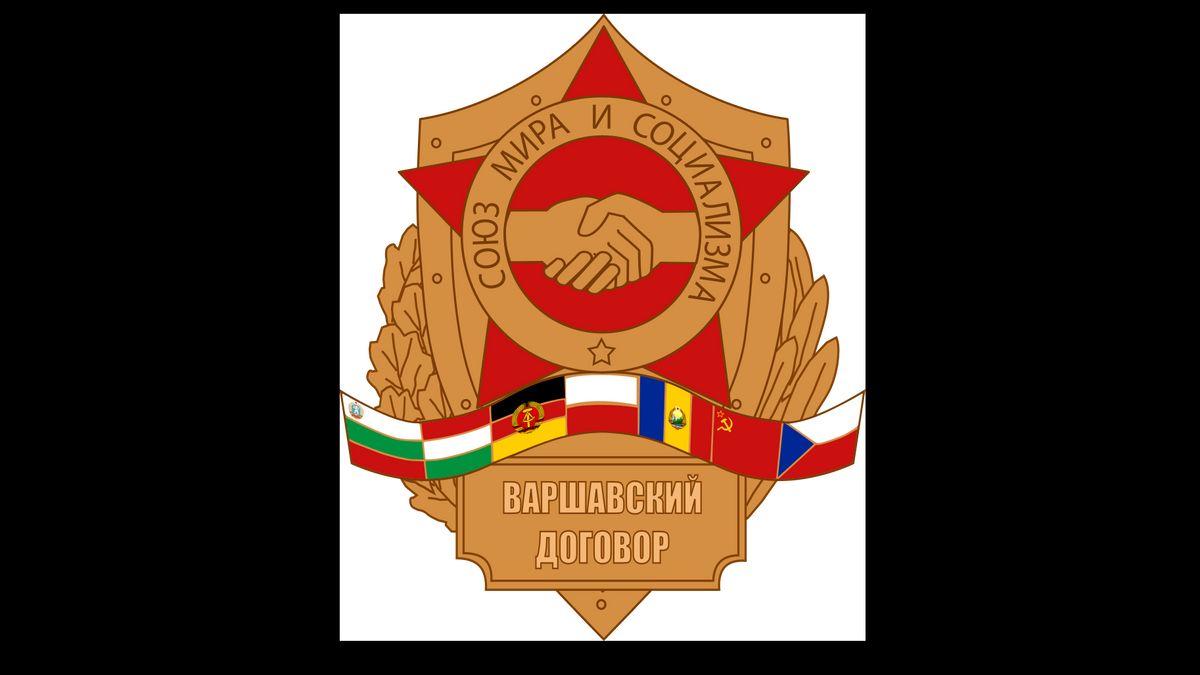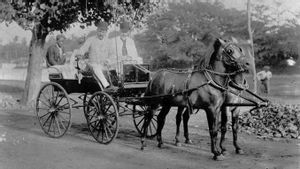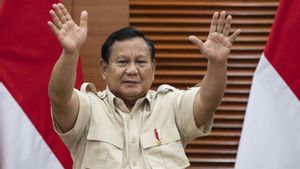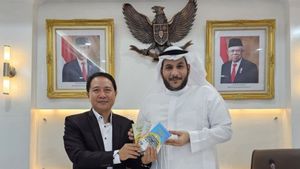JAKARTA - After the second world war, a cold war emerged between the two war-winning countries: the United States and the Soviets. They fight for influence. The world is divided into two camps, east and west.
The western camp contains a liberal-capitalist country led by the US. While the eastern stronghold consists of the communist countries led by the Soviet Union.
One form of contradiction between the two camps can be seen in how they show their military power. Seeing the strength of the western camp getting stronger with the joining of West Germany with the North Atlantic Treaty Organization (NATO), the eastern camp formed a similar organization, namely the Warsaw Pact.
Citing the pages of the history of the Soviet Union , which signed the Treaty of Friendship, Cooperation and Mutual Assistance, the Soviet Union, East Germany, Poland, Hungary, Czechoslovakia, Romania, Bulgaria and Albania. The military alliance was officially established in May 1955. Since then the Soviet NATO was born.
The Warsaw Pact troops combined a military force that could not be said to be small. Their soldiers were equipped with defense equipment such as large tanks and artillery formations.
Citing Russia Beyond, tank troops were the main force of the Warsaw Pact. The number reached 53,000 Soviet tanks and 12,000-15,000 Eastern European tanks. Most of the tanks were of the T-54A and T-55 type which were gradually replaced by the T-64.
The strength raised by the Warsaw Pact alliance looks strong and solid. Ironically, however, the only invasion the Warsaw Pact ever launched was aimed at its own members: Hungary in 1956, and Czechoslovakia in 1968. Then the giant Eastern Bloc military alliance quickly collapsed without outside attack.
Strong on the outside, fragile on the inside
The Warsaw Pact collapsed for a number of reasons. For example, the Warsaw Pact was even used as a tool for communist regimes in Eastern Europe. Although the Soviets insisted on maintaining the treaty, but as the pages of the Soviet history archives explained, internal hostility was the cause of the collapse of the organization.
To quote Russia Beyond , the first shocks faced by the Warsaw Pact occurred in 1956. At that time there were anti-Soviet demonstrations in Hungary supported by Western security services.
The Hungarian government announced its resignation from the Warsaw Pact. This prompted the Leader of the Soviet Union Nikita Khrushchev to immediately meet his Eastern European allies and decide to intervene. The following week Soviet and Hungarian troops, assisted by the security forces of both countries, suppressed all resistance in Budapest and dragged Hungary back to the Warsaw Pact.
Another shock to the Warsaw Pact came when Albania challenged the Soviet Union. They did not like the Soviet de-Stalinization policy. Albania then decided de facto to stop participating in the alliance's activities in 1961.
Then the biggest problem of this organization which was dominated by the Soviet Union was facing the Prague Awakening in 1968. It was a period of cardinal liberalization and reform in Czechoslovakia.
This worried the Soviet Union. The superpower piggybacked on another Warsaw Pact alliance to invade Czechoslovakia. This then drew condemnation from the General Secretary of the Romanian Communist Party, Nicolae Ceasusescu. Therefore Romanian troops did not participate in the military operation.
The Warasawa Pact was then increasingly at its lowest point after the collapse of the Soviet regime in Eastern European countries.
Finally on today, February 25, 29 years ago, or rather 1991, the six ministers of foreign affairs and defense of the countries that are members of the Warsaw Pact Organization (USSR or Soviet, Bulgaria, Romania, German Democratic Republic, Hungary, Poland, and Czechoslovakia) ) held a meeting in Budapest. The agenda is dissolving the counter-NATO defense pact. The alliance formally dissolved on July 1, 1991 and all former members except Russia immediately joined the alliance of their old enemy, NATO.
The English, Chinese, Japanese, Arabic, and French versions are automatically generated by the AI. So there may still be inaccuracies in translating, please always see Indonesian as our main language. (system supported by DigitalSiber.id)









